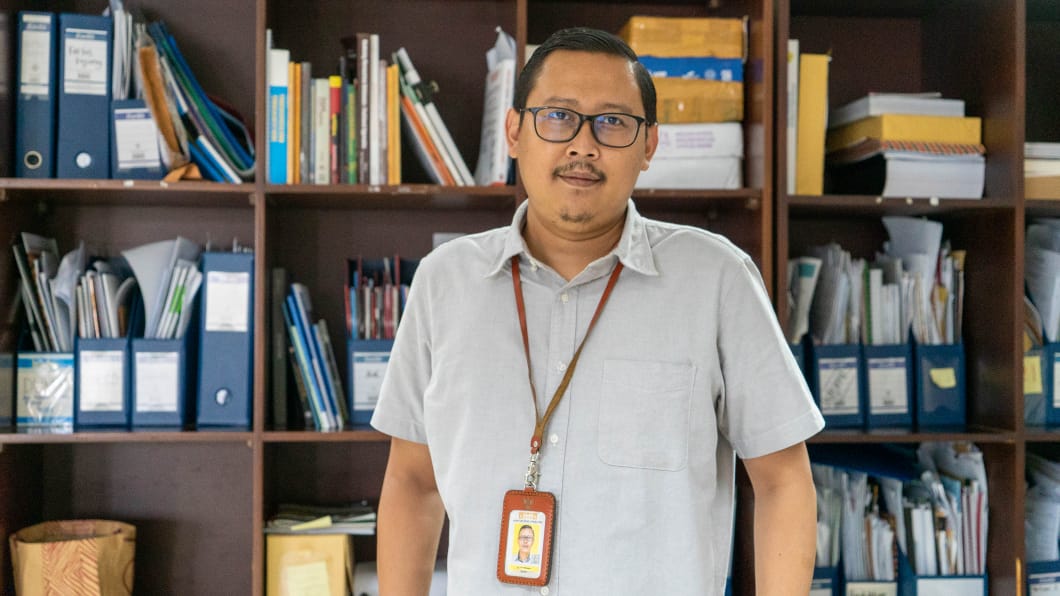Jakarta – As of Monday, June 27, Jakarta’s positivity rate reached 13.7 percent. The Chief of Staff to the President Moeldoko underlined the data as a reinforcement to keep the mask on, proving that we have not yet passed the pandemic situation.
“The COVID-19 positivity rate is still above 5 percent. It showcases strong evidence that the pandemic is not over,” said Moeldoko, at the Bina Graha building, Jakarta, Tuesday (28/6).
The positivity rate is the percentage of people who test positive for the virus of those overall who have been tested. The World Health Organization (WHO) sets a figure below 5 percent as a benchmark for controlling cases in the community. The figure covers any results obtained from both rapid antigen and PCR.
Although Jakarta’s positivity rate has exceeded the WHO standard, Moeldoko said, such people’s mobility and activity restrictions were unnecessary. He was confident that the hospital bed occupancy was well maintained.
Even so, he asked the public to continuously adhere to health protocols and get vaccinated, so that there would be no increase in cases and the positivity rate of COVID19.
“If people are still ignorant towards health protocols and uninoculated with booster vaccines, the positive cases will continue to soar. Don’t be in a rush to take your mask off,” Moeldoko ordered.
As of Monday, data from the Ministry of Health shows Indonesia’s positivity rate at 2.7 percent. There were an additional 1,445 positive cases nationwide and among 838 additional cases were coming from Jakarta.
Moeldoko said the new variant Omicron BA.4 and BA.5 was to blame for the surge of the positivity rate in the capital city of Indonesia.


